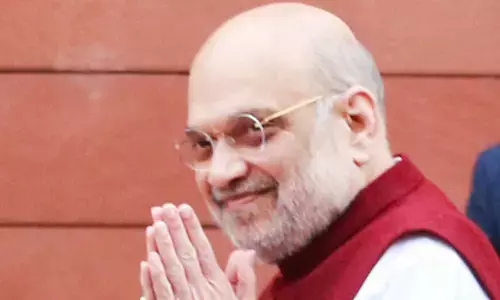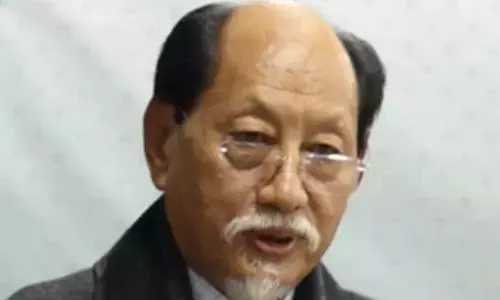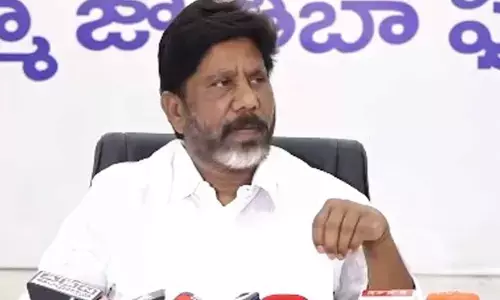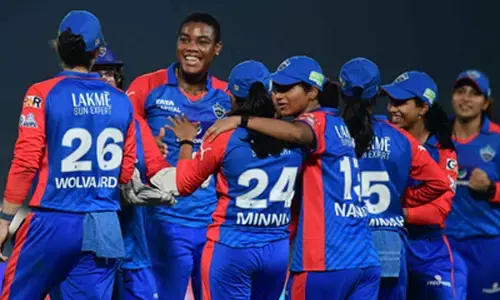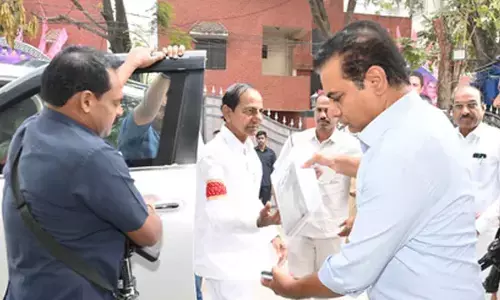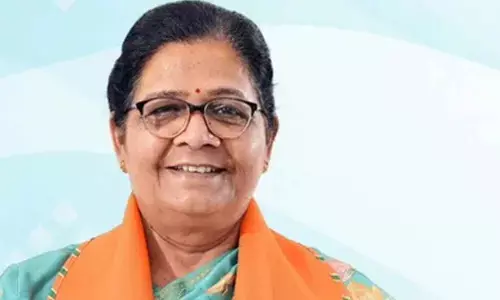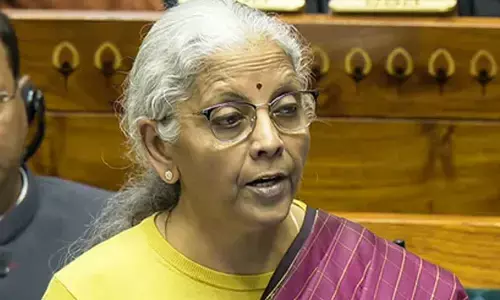Same sex marriage and Right to Equality
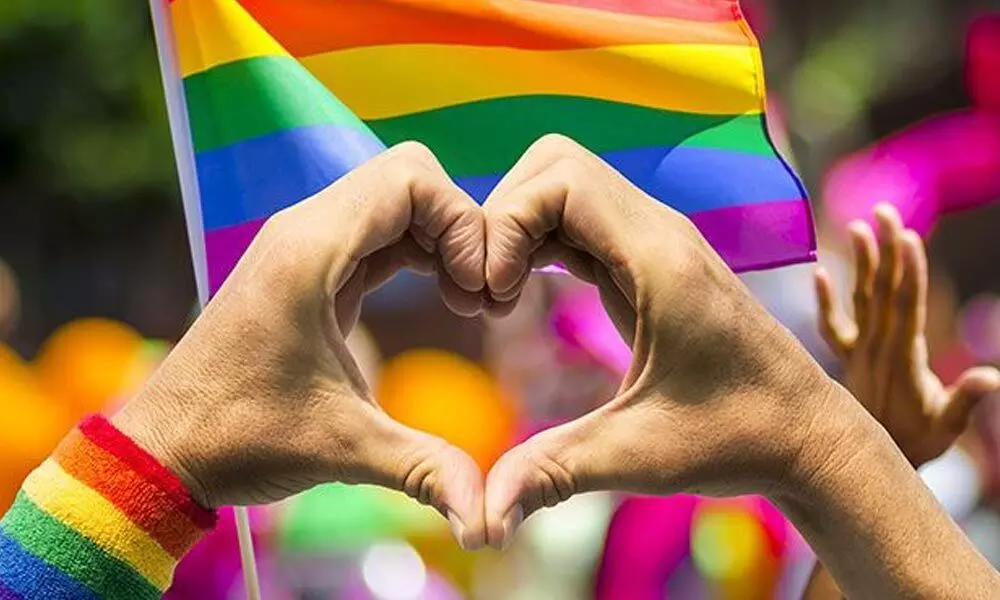
Same sex marriage and Right to Equality
The Right to Equality is one of the fundamental rights of every Indian citizen
The Right to Equality is one of the fundamental rights of every Indian citizen. According to this, no individual can be discriminated against based on anything. But it seems like there are many unlisted exceptions to the law.
In response to three petitions filed in the Delhi High Court seeking to legalise same-sex marriage, the Government of India said it can't allow same-sex marriages as this is against 'social values'. It also said the marriage is solemn thing between a 'biological man' and 'biological woman', and same-sex marriages are not comparable with the Indian family unit of husband, wife and children. When it comes to marriage, divorce or adoption "either the personal laws or codified law occupies the fees"
The problem with not recognising same-sex marriage is an issue of the Right to Liberty (Article 21), Right against Discrimination (Article 15), Right to Free Speech and Expression (Article 19) and Right to Equality and Dignity. Not just this, the basic reasoning and understanding of our Constitution and culture says contrary to what the Central government says, there is every right and evidence for same-sex marriage to be recognised.
Non-recognition of same-sex marriage will lead to the abolishment of many Rights that a couple or spouse is entitled to, like adopting children. Couples in a same-sex marriage are not allowed to adopt children. Adoption by single LGBTQ is recognised, but not by same-sex couple.
One common argument often heard is that 'homosexuality is against nature.' On the contrary, like any other sex, homosexuals also are naturally born people. It is not just humans who indulge in homosexual acts, but even animals show homosexual behaviour. When animals can accept their homosexual creatures, why has it become so difficult for humans? One needs to recognise that 'homosexuality' is only a variation, not an abbreviation. It is not against the order of nature but nature itself.
Anti-homosexuals, who believe homosexuals are a threat to Indian culture, forget to look into their own culture. The 2000-year-old Kama Sutra depicts same-sex activities. Khajuraho temple, built between 885 AD and 1050 AD, depicts women erotically embracing other women and men displaying their genitals to each other.
Not just same-sex relationships without marriage are evident in the Hindu culture, but they went to an extent of entering wedlock. In Ramayana, King Dilip, who had two wives dies leaving the two wives to marry each other, and with the blessing of Lord Shiva, one of the queens gets pregnant and gives birth to a child.
Lord Ayyappa is the child of Lord Shiva and Lord Vishnu in Mohini avatar. Mitra and Varuna, gods of universal waters frequently referred to in the ancient Indian scripture of Rigveda are icons of intimate friendship between males. Many deities in Indian mythology are represented as both male and female at different times. Lord Shiva is also called 'Ardhanarishvara' (The half-female Lord). This manifests homosexuality as an accepted culture in the past. Our culture has always been tolerant, open to pluralism, diversity and never opposed same-sex couples/marriage.
In 2018, a landmark judgment by the Supreme Court of India to decriminalise homosexuality gave further hope for the LGBTQ community. Then Chief Justice of India Dipak Misra, one among the five judges of the bench, said, "The LGBTQ community has the same fundamental rights as any other citizen. The identity of a person is very important, and we have to vanquish prejudice, embrace inclusion and ensure equal rights. "Justice Rohinton Fali Nariman said, "We don't wait for majoritarian governments to repeal laws. If a law is unconstitutional, the court must strike it down."
In Mumbai, the High Court last year recognised a marriage between a transwoman and a man under the Hindu Marriage Act saying that a transgender person is identified as a woman. But the problem here is that the couple still defined with either the male or the female. The High Courts of Delhi and Kerala argue that limiting the Hindu Marriage Act to only a heterosexual couple is against fundamental rights. It is important to note that the SC while decriminalising homosexuality recognised LGBT+ person's fundamental rights to equality and dignity.
Now the Delhi High Court issued a notice to the Centre seeking legal recognition for homosexual marriages under the Special Marriage Act and Foreign Marriage Act. Although such verdicts and decisions by the legislation bring hope to the community, the fight is far from over.
This is not just the issue in India, but LGBTQ communities all over the world are fighting for their basic rights of equality. Although countries like the Netherlands, Canada, New Zealand, UK, USA, etc, recognised same-sex marriages, for India to recognise the same is going to take a lot more struggle, movements and pride months. It is a pity that these communities, who are also humans, are fighting for equal recognition as humans.








